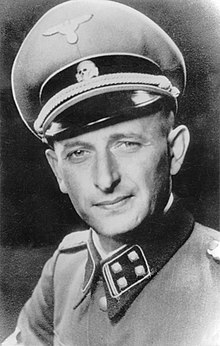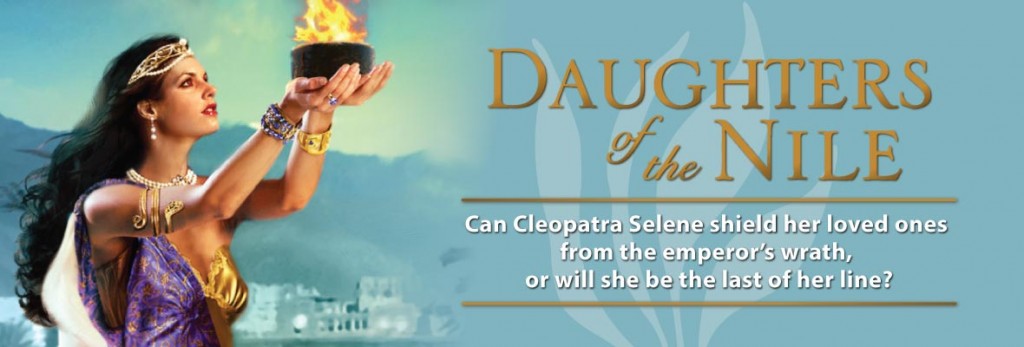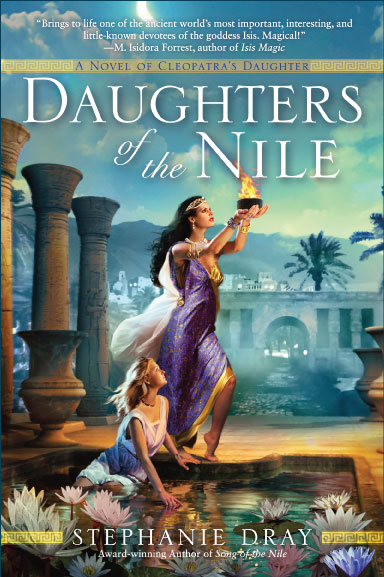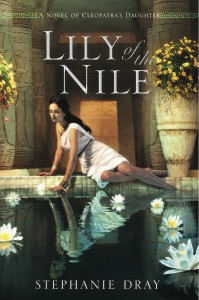Yes, as the July additions are slowly making their way to the Library, August's list has just been sent off - here they are:
Anglo-Saxon
England by F.M. Stenton
Covers the
emergence of the earliest English kingdoms to the establishment of the
Anglo-Norman monarchy in 1087. Professor Stenton examines the development of
English society, from the growth of royal power to the establishment of
feudalism after the Norman Conquest.
Fourteen
Byzantine Rulers by Michael
Psellus
Chronicles the
Byzantine Empire, beginning in 1025. This title shows an understanding of the
power politics that characterized the empire and led to its decline.
The Other
Tudors by Philippa Jones
Everybody
thinks they know the tale of King Henry VIII's wives: divorced, beheaded died;
divorced, beheaded, survived. But behind this familiar story, lies a far more
complex truth. This book brings together the 'other women' of King Henry VIII.
It examines the tales of the women who Henry loved but never married.
Richard III
the Young King To Be by Josephine
Wilkinson
This new
biography concentrates on the much neglected early part of Richard's life -
from his birth in 1452 as a cadet of the House of York to his marriage to the
beautiful Anne Neville - and shows how his experiences as the son of an
ambitious duke, a prisoner of war, an exile, his knightly training and awe of
his elder brother, King Edward IV, shaped the character of England's most
controversial monarch.
The Rulers of
the South - Sicily, Calabria, Malta - Vol II by Francis Marion Crawford
This early
works is a comprehensive and informative look at the subject and is extensively
illustrated throughout. Contents include; The Goths and the Byzantines, The
Saracens, The Normans, In Later Times, and, The Mafia.....
Joan of Arc by Kelly DeVries
Why did the
soldiers of France follow a woman into battle when no troops of the Hundred
Years War had done so before, and how was she able to win? This book is
essential reading for anyone interested in the Middle Ages and the phenomenon
of the girl warrior.
The Maid and
the Queen by Nancy
Goldstone
How did an
illiterate seventeen-year-old peasant girl manage to become one of histories
most salient females? It is almost 600 years since Joan of Arc heard the voices
of angels that would change her life forever: in a breathtaking story her quest
saved France from English domination and restored France's hereditary monarchy.
The Kings
& Queens of Wales by Timothy
Venning
A considered
attempt to set out what we can know about the rulers of what is now Wales in
the early medieval period, Timothy Venning's new book does not shy away from
problems of dating and interpretation in the use of the meagre source material.
The Kings
& Queens of Anglo-Saxon England by Timothy
Venning
In The Kings &
Queens of Anglo-Saxon England, Venning examines the rulers of Anglo-Saxon
England, beginning with the legendary leaders of the Anglo-Saxon invasion as
Hengest and Horsa or Cerdic and Cynric and moving on through such figures as
Aethelbert of Kent, the first king to be converted to Christianity and his
daughter Aethelburh, whose marriage began the conversion of Northumbria, to
Alfred of Wessex and his dynasty, the Viking invasions, and the last of the
Anglo-Saxon kings, Harold Godwineson.
Granada Gold is based on the true story of young Juana Trastamara. During the Granada War, she befriends Lord Edmund Sales, commander of the English longbow archers fighting for Christian Spain. In 1492, Juana’s parents – Queen Isabel and King Fernando – defeat the Moors, expel the Jews, and send Columbus sailing across the Atlantic. Juana’s arranged marriage to the womanising Habsburg duke, ‘Phillipe the Handsome’, is a personal disaster. Trapped in an increasingly abusive marriage, Juana has only one place to turn: England. Through Lord Sales, Juana meets Tudor King Henry VII, who falls deeply in love with her. The stage is set for international royal passion, betrayal, and death.
























